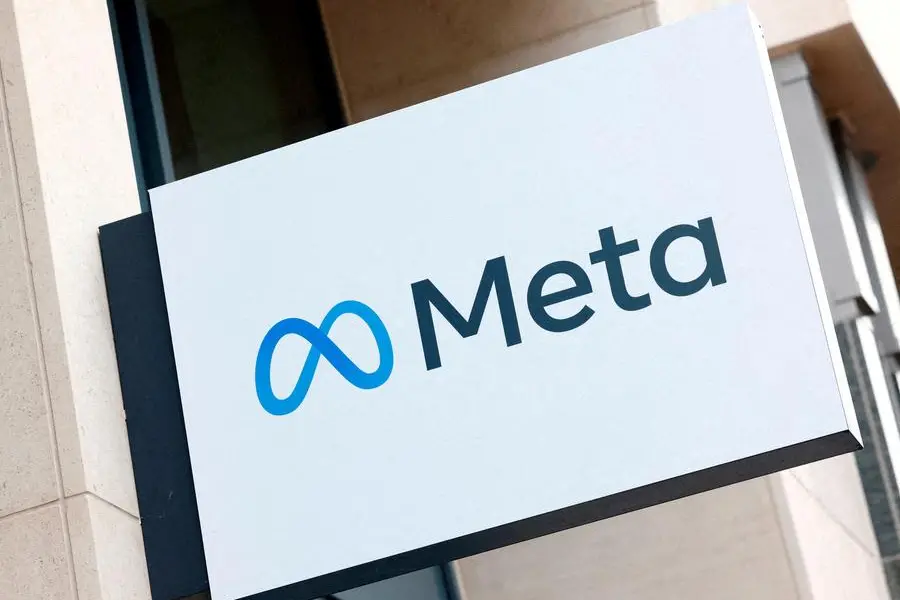An Indian tribunal has temporarily suspends a five-year data sharing prohibition between WhatsApp and its owner Meta Platforms, providing significant comfort to the US company, which had warned that its advertising revenue would be impacted.
Meta had appealed the Competition Commission of India’s (CCI) rule published in November, which prohibited data exchange between WhatsApp and other Meta businesses for advertising purposes, warning that it could have to scale back some capabilities.
Meta also chastised the CCI for lacking the “technical expertise” to appreciate the implications of its order.

While it considers Meta’s appeal of the antitrust decision, India’s National Company Law Appellate Tribunal decided on Thursday that the data sharing prohibition be suspended.
The panel pointed out that WhatsApp’s economic model “may collapse” as a result of the prohibition.
With over 350 million Facebook users and over 500 million WhatsApp users, India is Meta’s largest market.
The appeals tribunal was previously informed by Meta that it could need to “roll back or pause” certain services, such those that would enable an Indian fashion company, for instance, to customize Facebook or Instagram advertisements according to their interactions with WhatsApp users.
Facebook’s registered entity engaged in selling advertising in India – Facebook India Online Services – reported revenue of $351 million in 2023-2024, the highest in at least five years.
A Meta spokesperson said it welcomed the ruling and “will evaluate next steps.” The CCI did not immediately respond to a request for comment on the ruling, although the watchdog can challenge the decision in the Supreme Court if it wants to.
In 2021, WhatsApp was accused of violating European Union laws by failing to clarify changes to its policy in plain and intelligible language. It later agreed to explain the changes to EU users.
The Indian case began in 2021, following complaints of WhatsApp’s privacy policy revisions. The CCI ruled in November that WhatsApp’s rules compelled users to accept the modification or risk losing access to the service.
Meta has claimed that the adjustments were only to provide information about how optional corporate messaging features work and did not enhance its data collecting and sharing capabilities.





